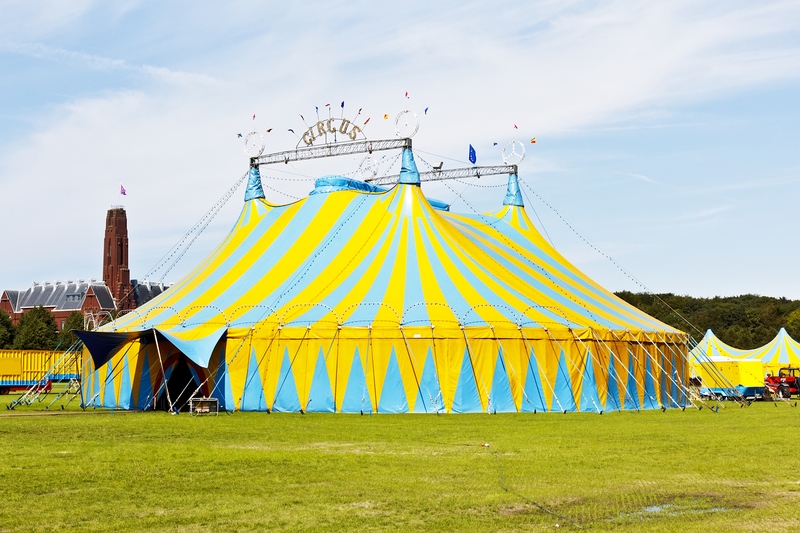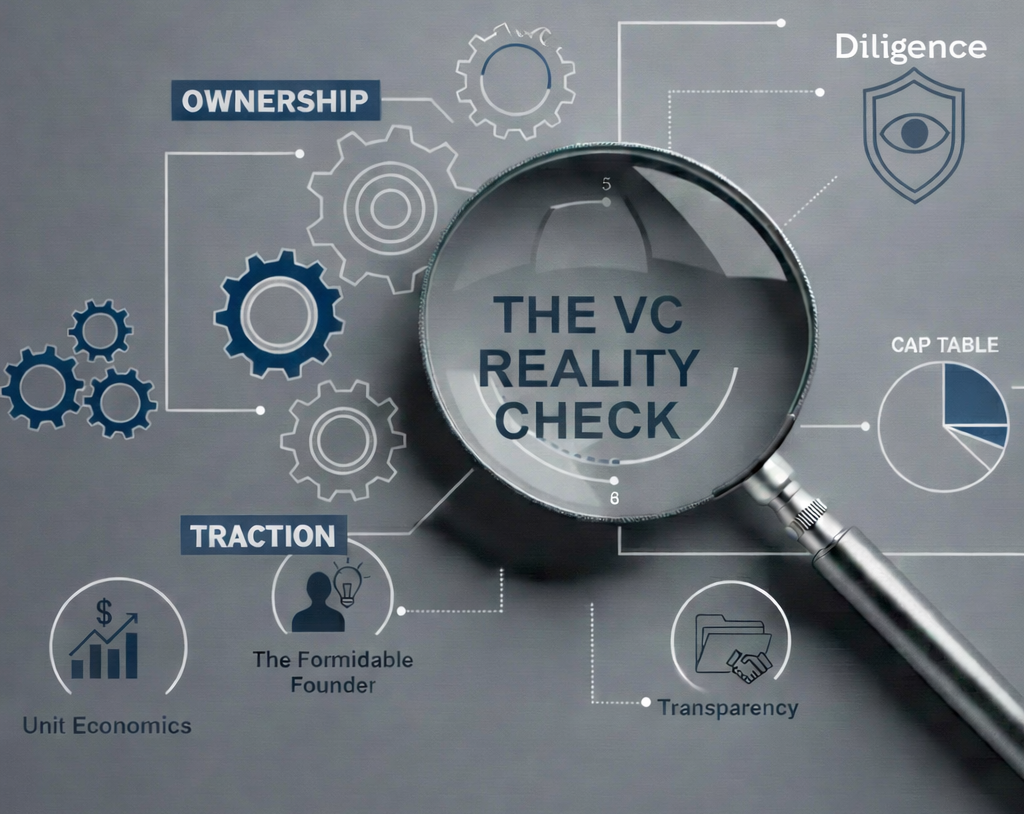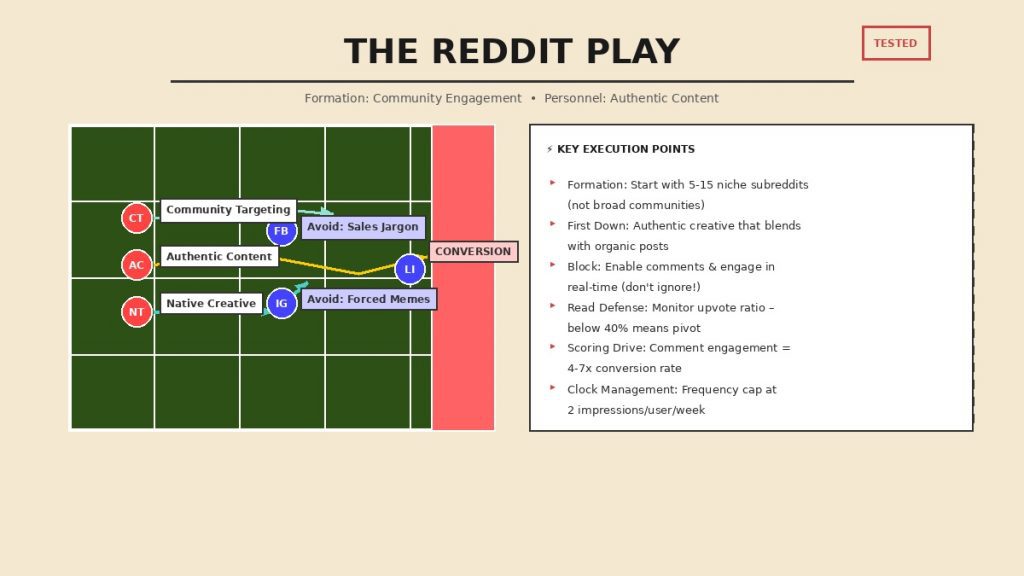 Things can get a little hectic during a media tour. As our clients’ PR team, we sometimes have to perform metaphorical backflips, because it’s easy for one or two or five things to go wrong. The airline lost your luggage, so your power suit is stuck on a runway in Kansas; the streets are closed because the Canadian Prime Minister is in town and you’re late for your live TV interview; or a major startup announces its IPO and all non-related news is scrapped.
Things can get a little hectic during a media tour. As our clients’ PR team, we sometimes have to perform metaphorical backflips, because it’s easy for one or two or five things to go wrong. The airline lost your luggage, so your power suit is stuck on a runway in Kansas; the streets are closed because the Canadian Prime Minister is in town and you’re late for your live TV interview; or a major startup announces its IPO and all non-related news is scrapped.
But media/press tours are a tactic that PR pros revisit for one big reason: they work.
I gathered some tips from a few experienced practitioners about how to manage a successful media tour—from packing a carry-on bag and planning for city traffic to bracing for the PR kiss of death: breaking news.
Act One: Securing Meetings
In my experience, there are three key elements of securing broadcast interviews and desk-side meetings:
- Big name (the CEO or a partner)
- Who are you selling? Can they name-drop Musk or Zuckerberg? Is she a female CEO in the male-dominated Silicon Valley?
- Big news (company announcement)
- Is your client announcing a big round of funding? Are they being acquired or acquiring another company?
- Big niche (hot topic or something different)
- For example, does your client have a unique perspective on artificial intelligence, synthetic food or 3D printing?
Act Two: Preparing for the Tour
Advise your client to pack their necessities in carry-on-sized luggage, including any outfits they plan to wear for interviews as well as personal items needed for their stay. This is especially important if there are any live on-air interviews scheduled. There’s nothing like lost luggage full of sport coats or lucky earrings to start the tour off on the wrong foot.
And make sure your client is ready for each interview. Ideally, you’ll have the questions ahead of time to help your client prepare, but if not, brief them on the types of questions each reporter might ask. When they’re shuttling through traffic to the next interview, they should know what type of environment they’re about to enter.
Act Three: During the Tour
I once coordinated a press tour in the middle of a UN General Assembly meeting in New York City. All of the roads on that side of town were blocked off, causing major delays throughout the city. We checked a map and cross-referenced our schedule and were fortunately able to move some interviews around. A few stressful hours later, my lesson was learned: do your research. Find out what’s going on and plan ahead. And, if you have two interviews in the same neighborhood, schedule them in succession so your client isn’t trekking across town more often than necessary.
Finally, my last piece of advice is to brace for breaking news and let your client know that it may cause a disruption or even a cancellation. It’s not uncommon for a major political crisis, unicorn IPO, or natural disaster to swallow up every ounce of effort that went into planning your media tour. And the worst part is that there is almost nothing you can do about it. My recommendation is to evaluate how the news affects your client—is it relevant to their industry? Does your executive have a unique perspective to offer for commentary?
Now go forth and conquer (or at least rack up some air miles). When organized and well-coordinated, media/press tours are great exposure for your client and should be a fun way to showcase a PR teams’ creativity and flexibility. At Bospar, we’ve had great success with media tours, and we’ve seen coverage come through for months, even years, after the completion of a tour. We’re not a traveling circus, but we’re probably coming to city near you.


